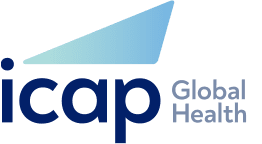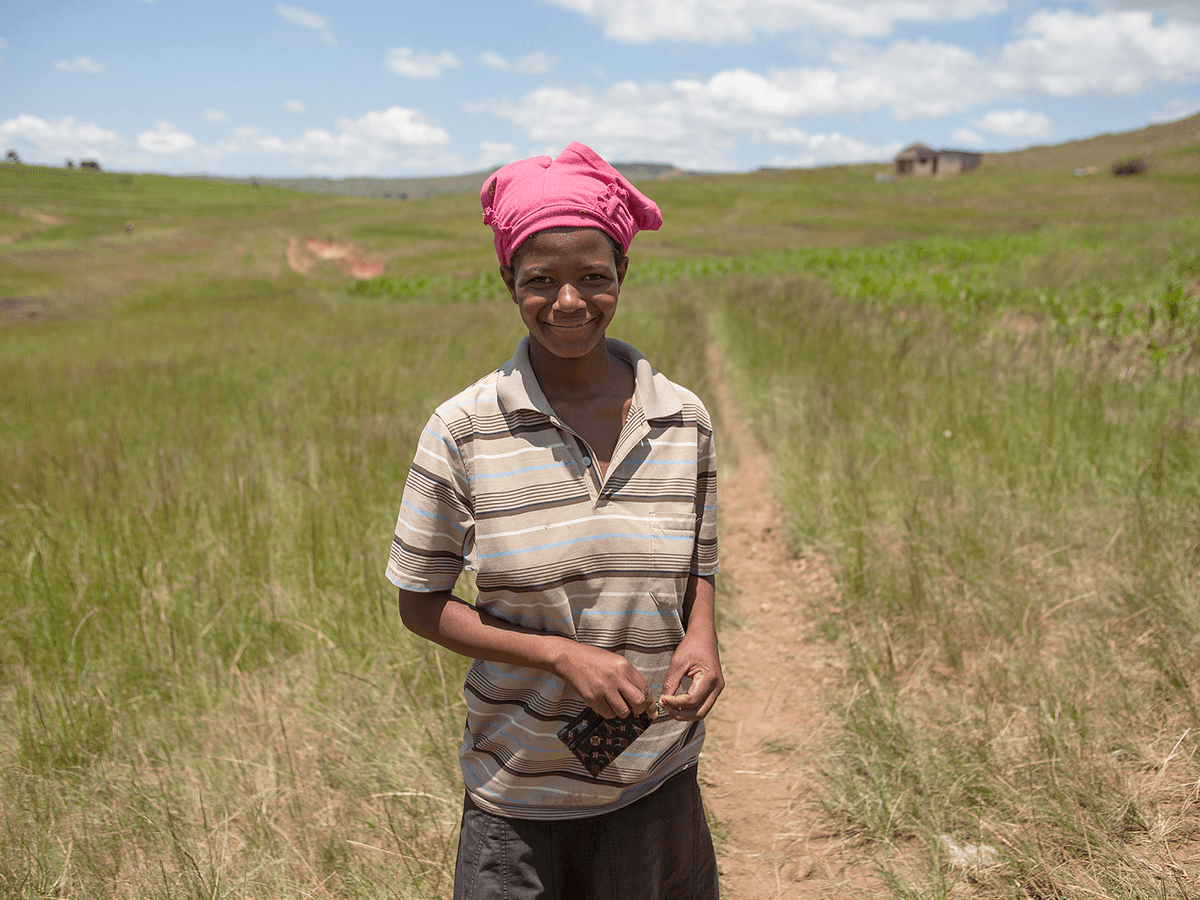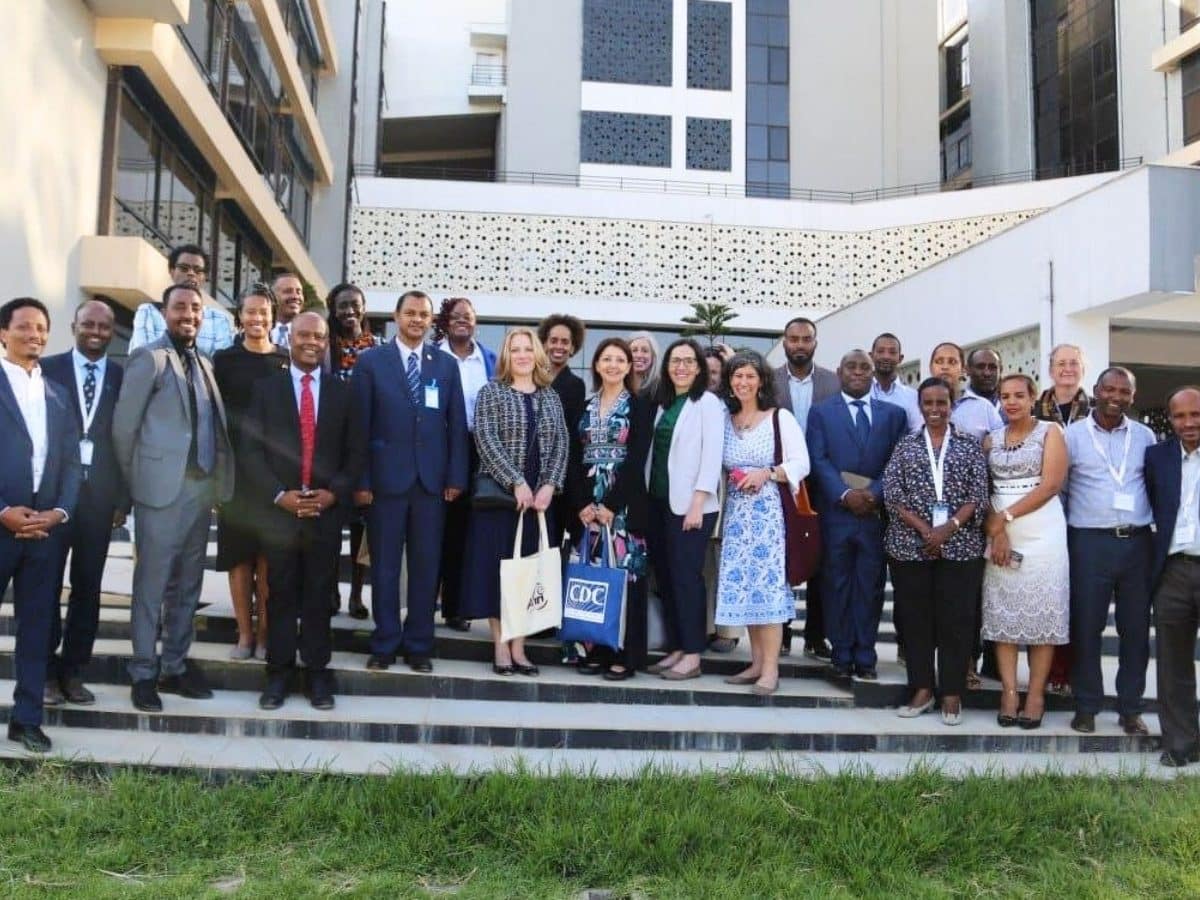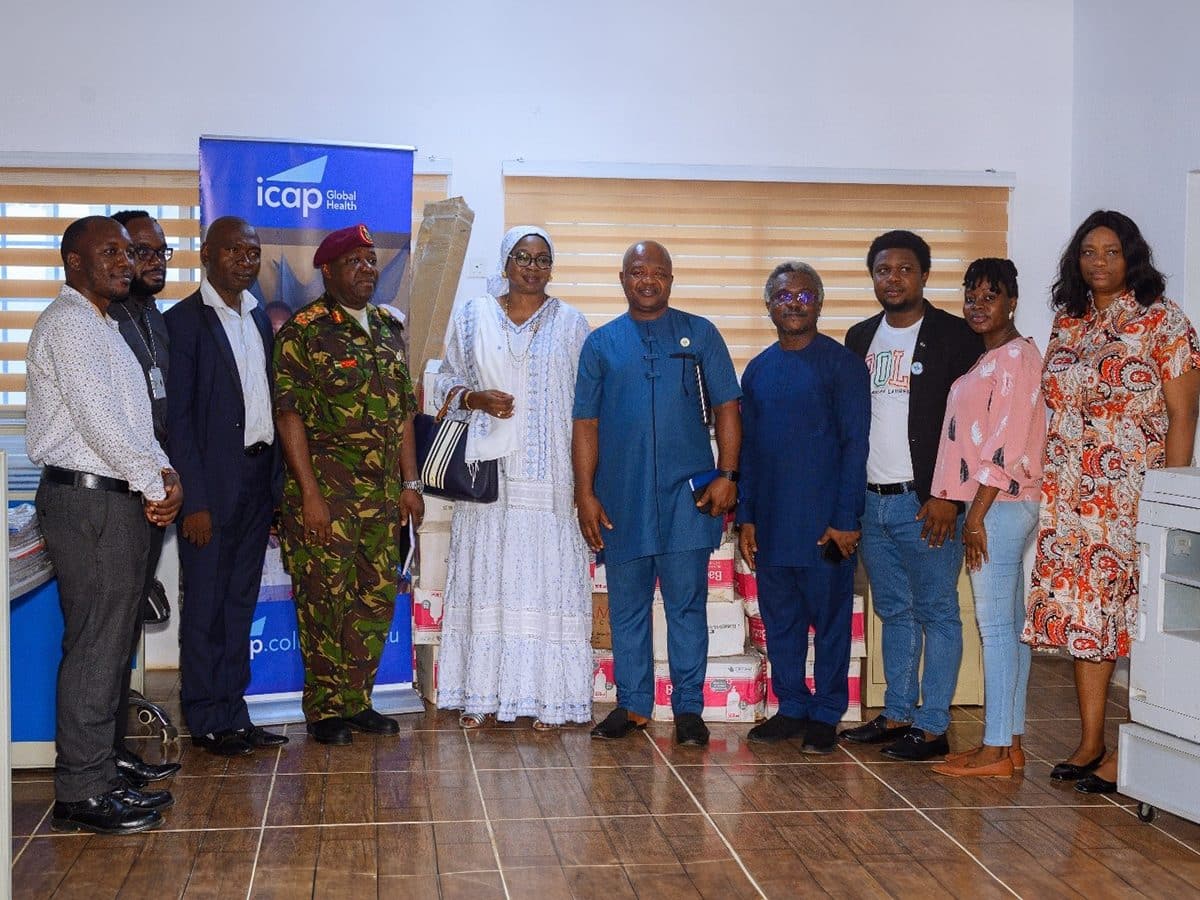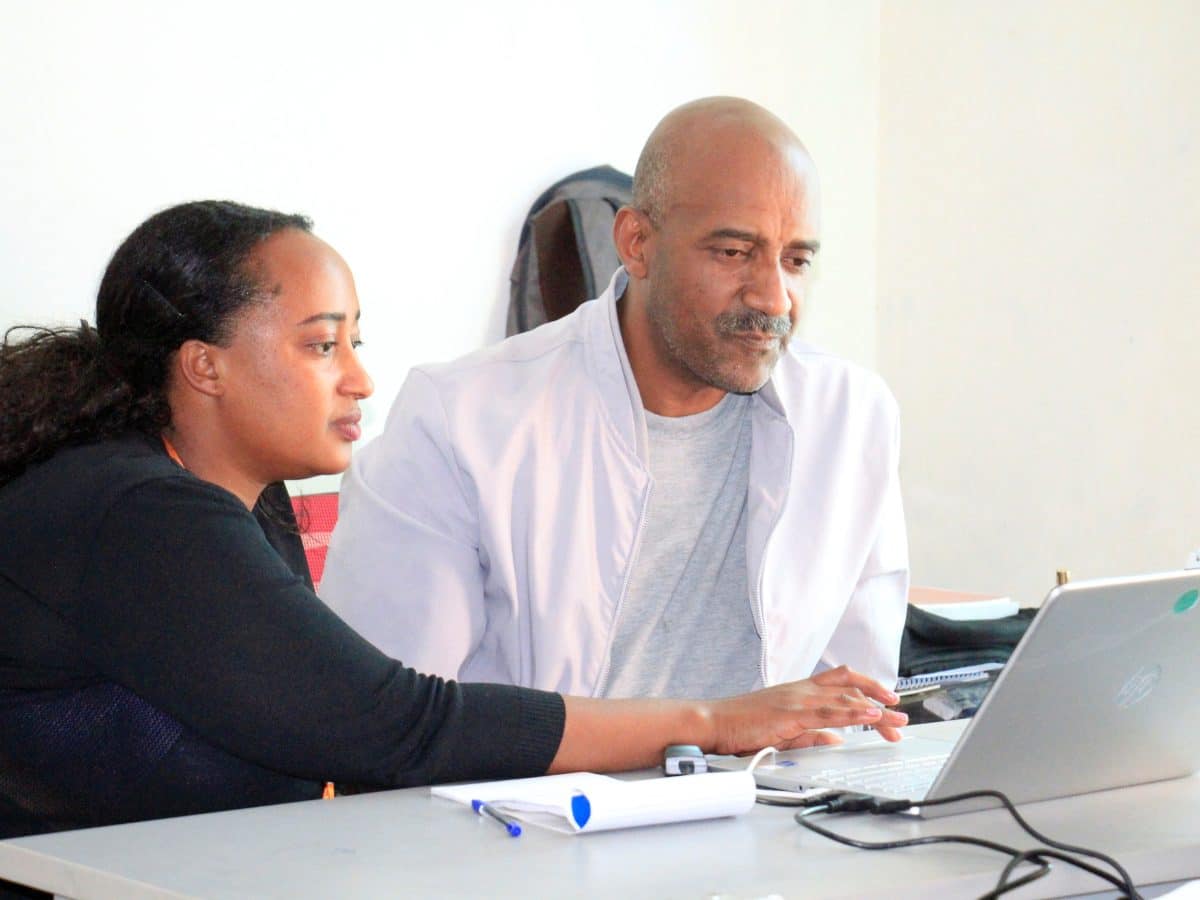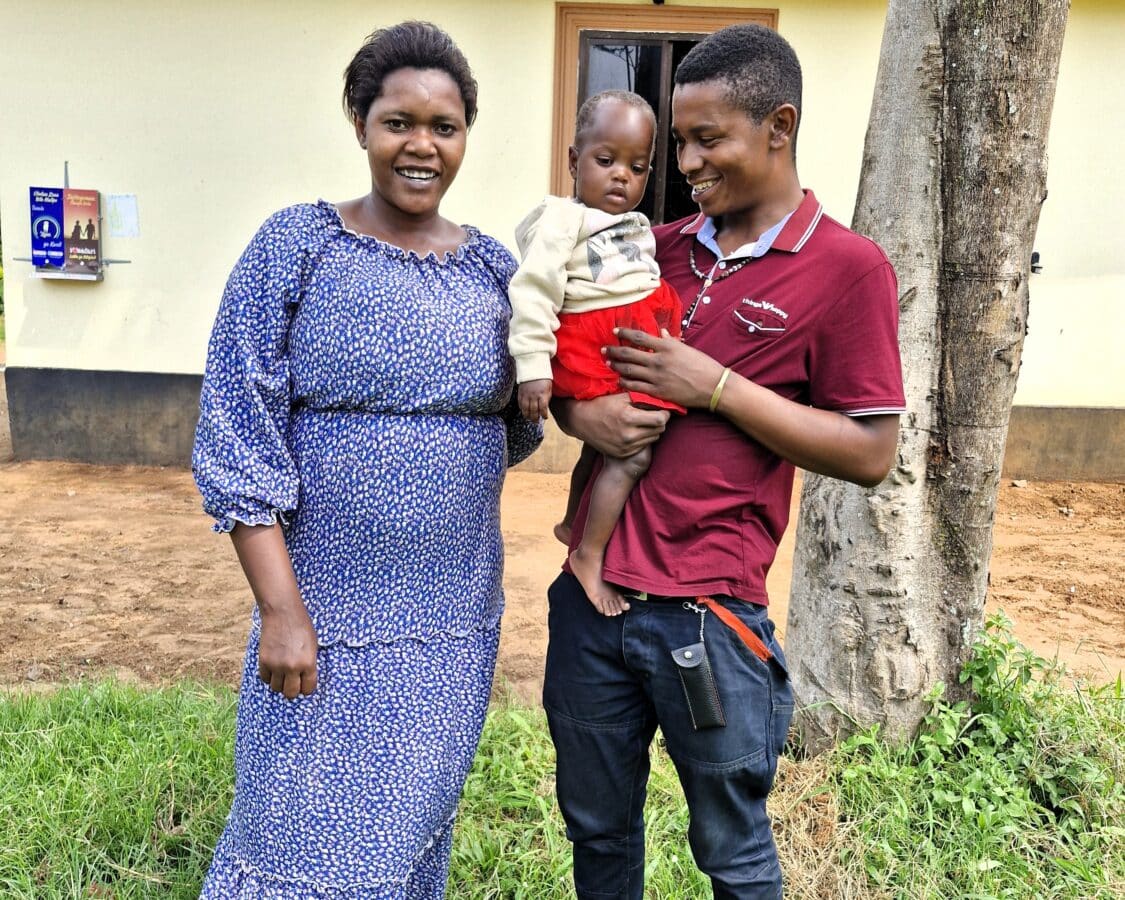Results from Eswatini’s first-ever interventional randomized clinical trial, just released, reveal no substantial difference in HIV risk for women using one of three highly effective, reversible methods of contraception.
Eswatini’s participation in the multi-country ECHO (Evidence for Contraceptive options and HIV Outcomes) Trial marks a major milestone in the kingdom’s health research infrastructure development while offering critical insight into a longstanding question about the relationship between hormonal contraceptive use and the risk of HIV acquisition.
The ECHO Trial, which was conducted by partners at 12 sites across Eswatini, Kenya, South Africa, and Zambia—and which was supported by ICAP in Eswatini—did not find any difference in HIV risk across the three methods of contraception: intramuscular depot medroxyprogesterone acetate (DMPA-IM), the levonorgestrel (LNG) implant, and the copper intrauterine device (IUD).
However, the study did reveal a significantly high HIV incidence—3.8 percent—among study participants across all four countries, underscoring the need for more effective approaches to HIV prevention.
Results were announced on June 13, 2019, in a special session at the Ninth South Africa AIDS Conference in Durban and simultaneously published in The Lancet. Data from the ECHO Trial will inform World Health Organization (WHO) guidelines on contraceptive eligibility for women at high risk of HIV.
In Eswatini, ICAP at Columbia University and the Family Life Association of Eswatini (FLAS) collaborated with the Ministry of Health on implementation, enrolling 502 of the 7,829 total women who participated across all four countries.
“ICAP has supported HIV/AIDS service programs and research in Eswatini for over a decade, with a significant focus on PEPFAR-supported scale-up of antiretroviral treatment, as well as surveys to measure the impact of scale-up,” said Jessica Justman, MD, ICAP’s senior technical director. “These prior experiences, coupled with FLAS’s and the Ministry of Health’s commitment to excellence and ICAP’s deep knowledge of clinical trial implementation, all contributed to the successful conduct of the ECHO trial in Eswatini.”
Funding for the ECHO Trial was provided by a group of donors including the Bill & Melinda Gates Foundation, and carried out by a consortium led by FHI 360, the University of Washington, Wits Reproductive Health and HIV Institute, and the Human Reproduction Program at the WHO.
“The ECHO team in Eswatini is proud to contribute to the development and continual improvement of the WHO’s evidence-based recommendations for clinical practice,” said Ruben Sahabo, MD, country director for ICAP in Eswatini. “Especially in a high-prevalence country like Eswatini, where our adult HIV prevalence is nearly one in three, equipping clinicians with the best, most up-to-date information helps empower women to make the best decisions for themselves and their families.”
Read the media release on the ECHO website
Read the Lancet media release on EurekAlerts!
Read the results published in The Lancet
Read coverage in the New York Times, the Guardian, Independent Online (South Africa), and Contagion Live
About ICAP at Columbia University
A global health leader since 2003, ICAP was founded at Columbia University with one overarching goal: to improve the health of families and communities. Together with its partners—ministries of health, large multilaterals, health care providers, and patients—ICAP strives for a world where health is available to all. To date, ICAP has addressed major public health challenges and the needs of local health systems through 6,000 sites across more than 30 countries. For more information about ICAP, visit: icap.columbia.edu
About FLAS
Established in 1979, the Family Life Association of Eswatini (FLAS) is a not-for-profit voluntary organization and a full member of the International Planned Parenthood Federation (IPPF). For a long time, FLAS activities were limited to family planning. However, following the International Conference on Population and Development in 1994 (Cairo), FLAS widened the scope of services offered to integrate various components of Sexual and Reproductive Health (SRH) and HIV, in addition to family planning. The primary target of FLAS services are youth aged 10–24, while adults and those below 10 become a secondary target. FLAS provides SRH clinical services in two clinics located in the two main cities of the country but also provides services through mobile outreach to hard-to-reach areas, targeting vulnerable and marginalized populations.

